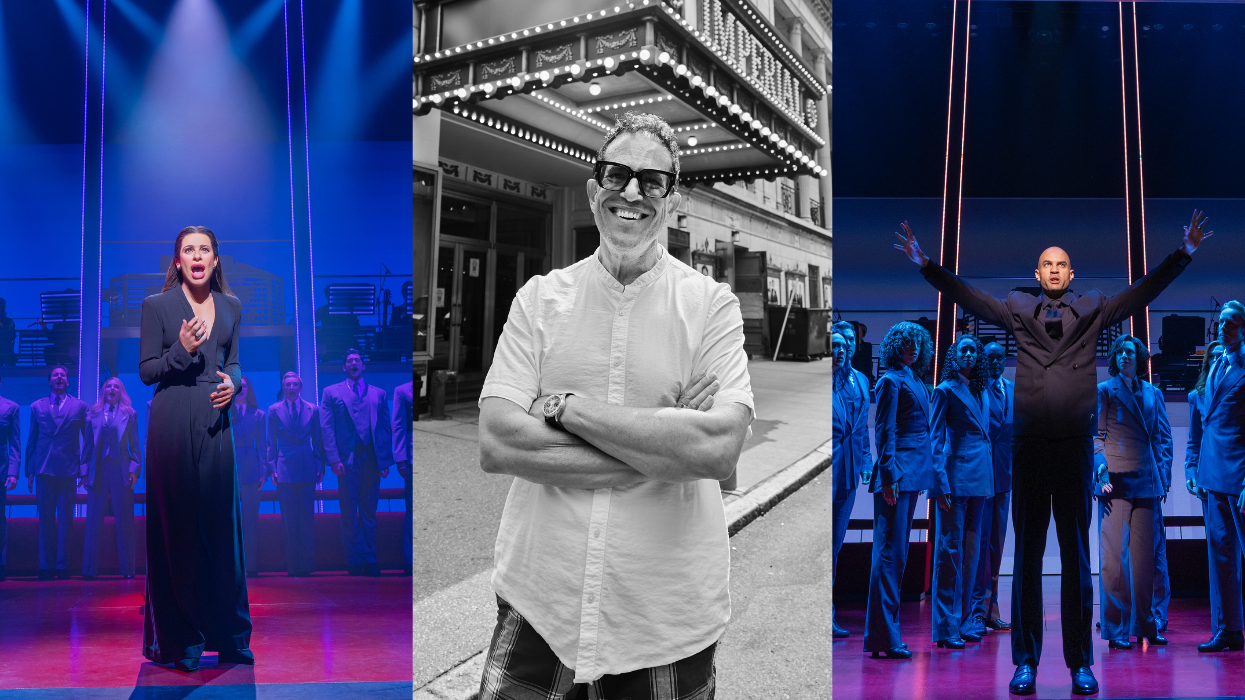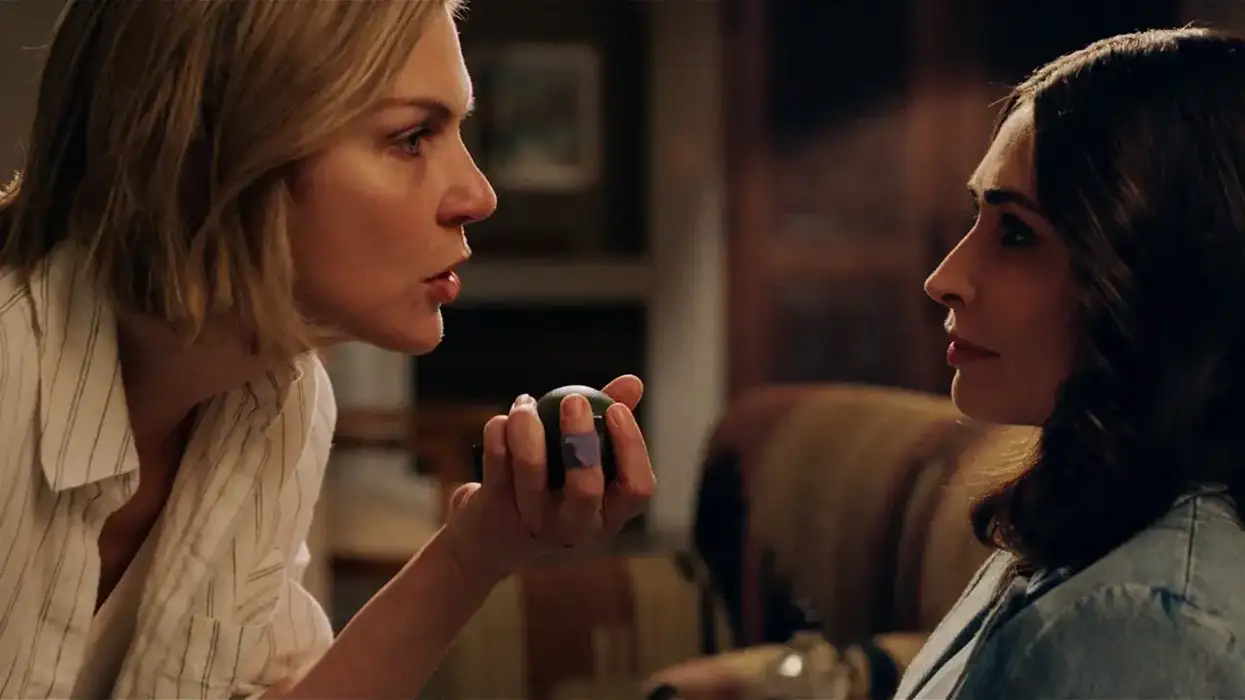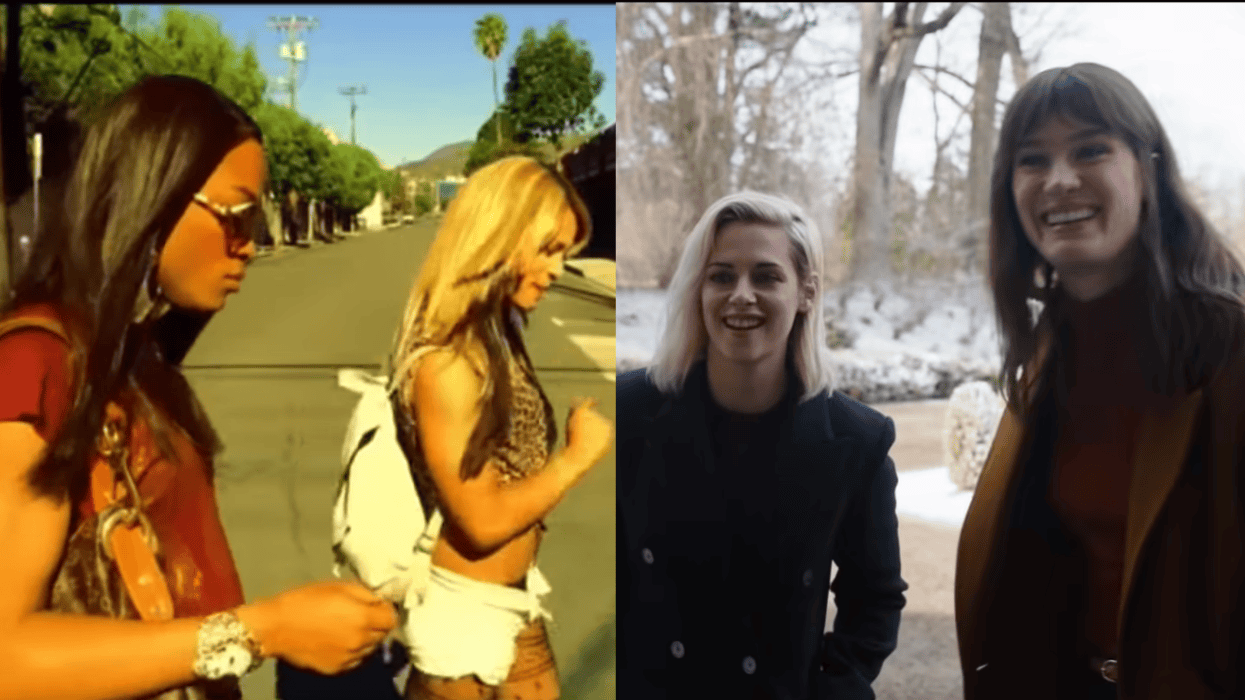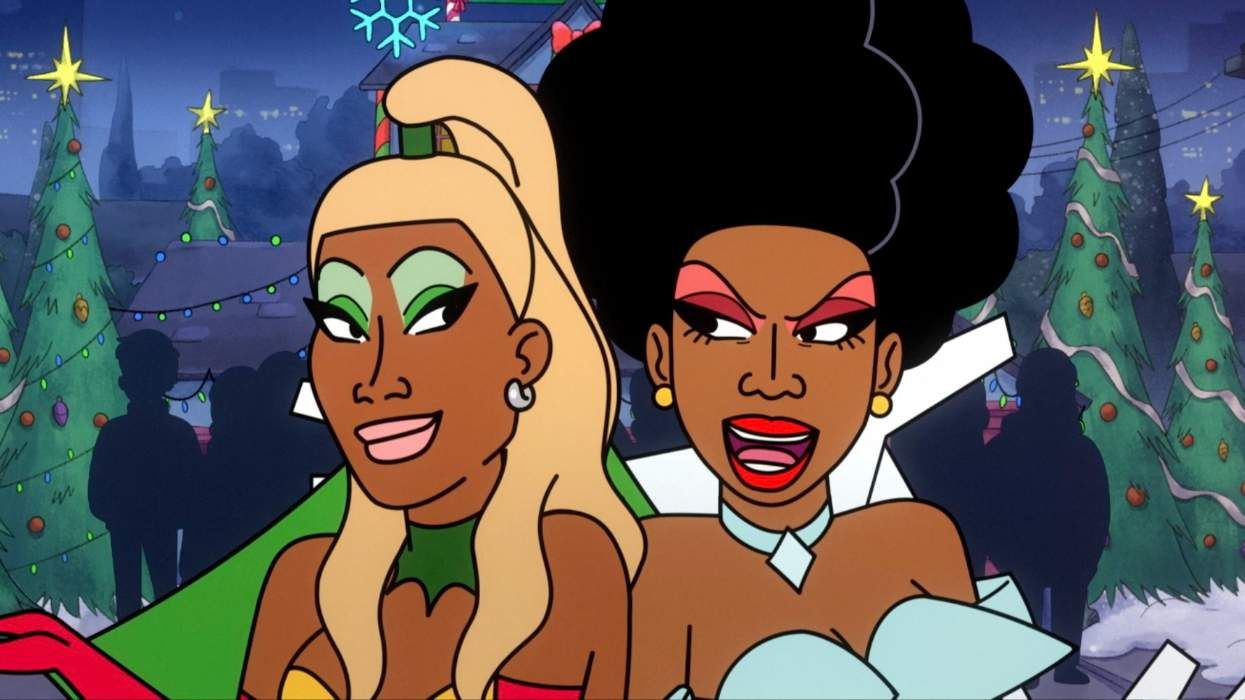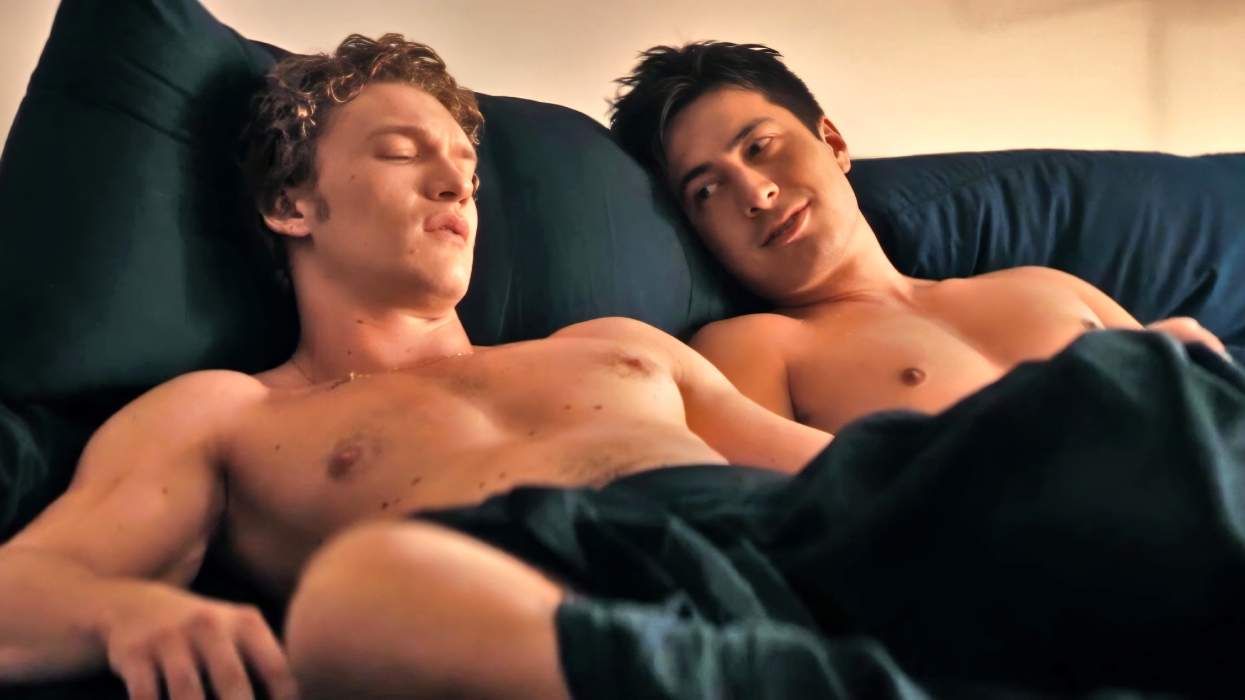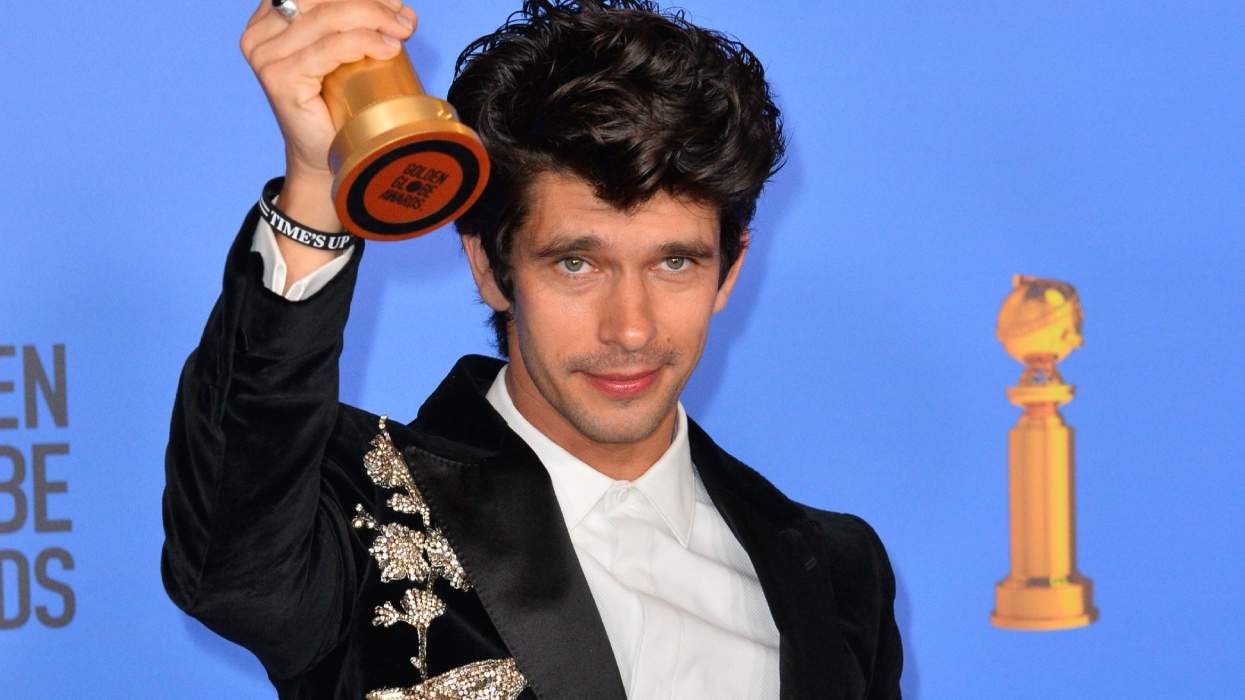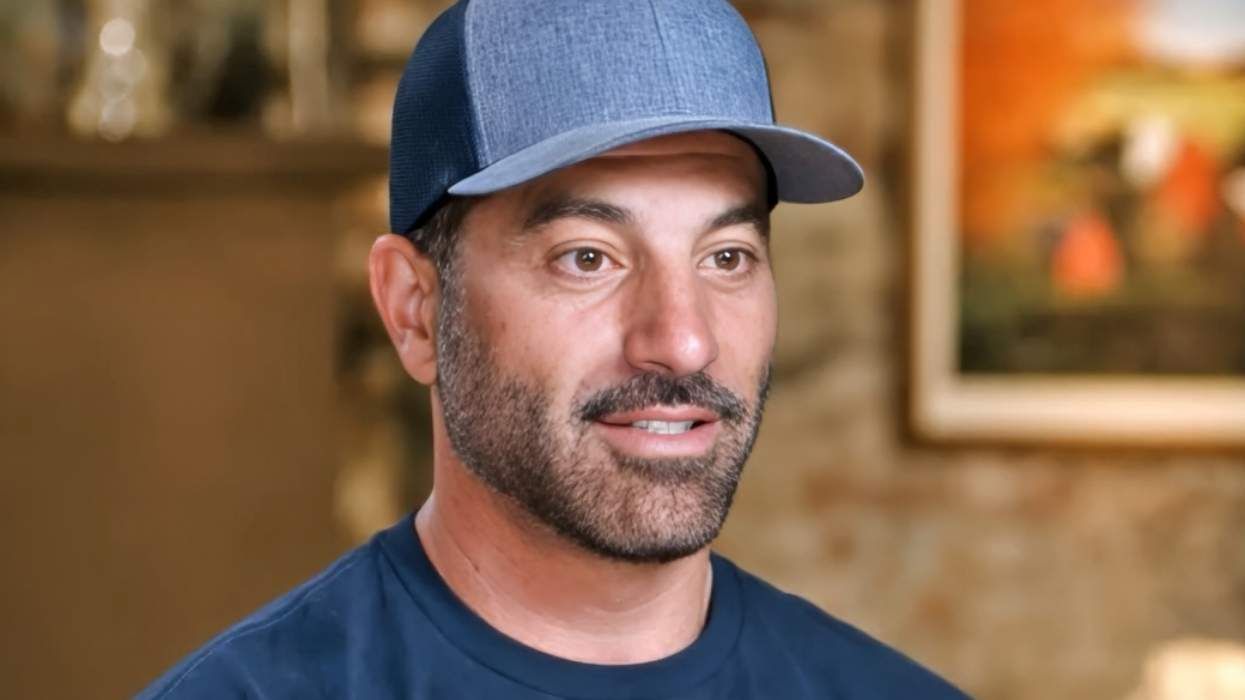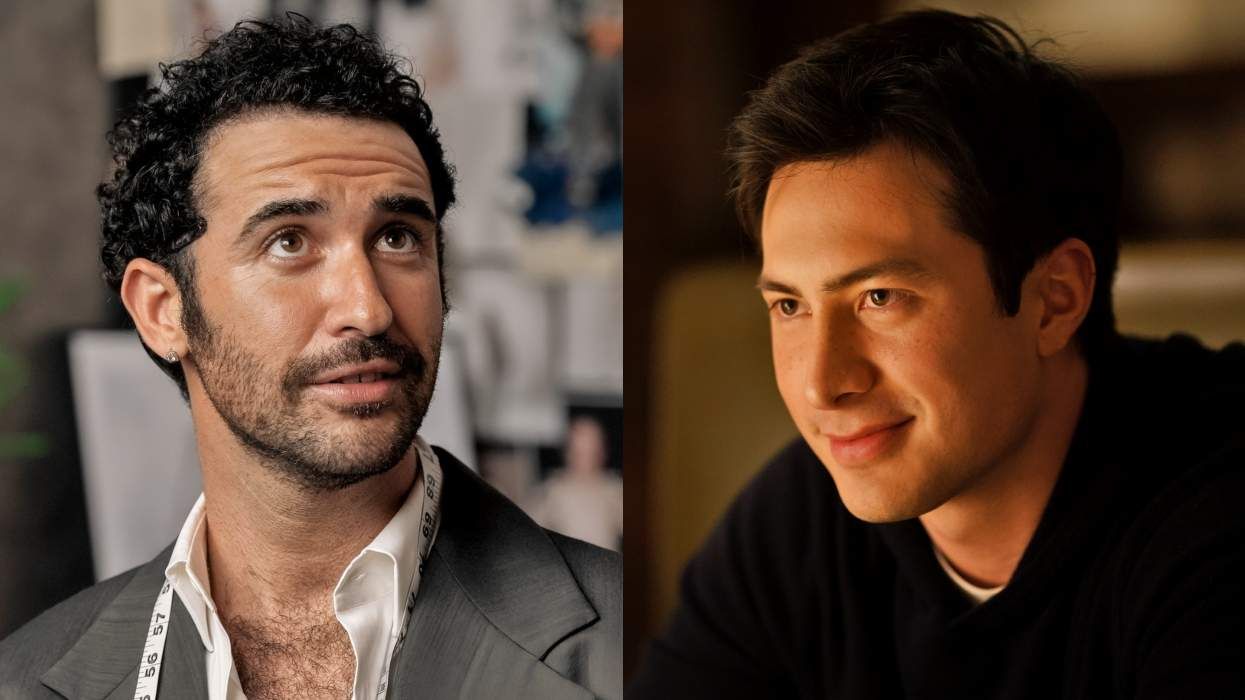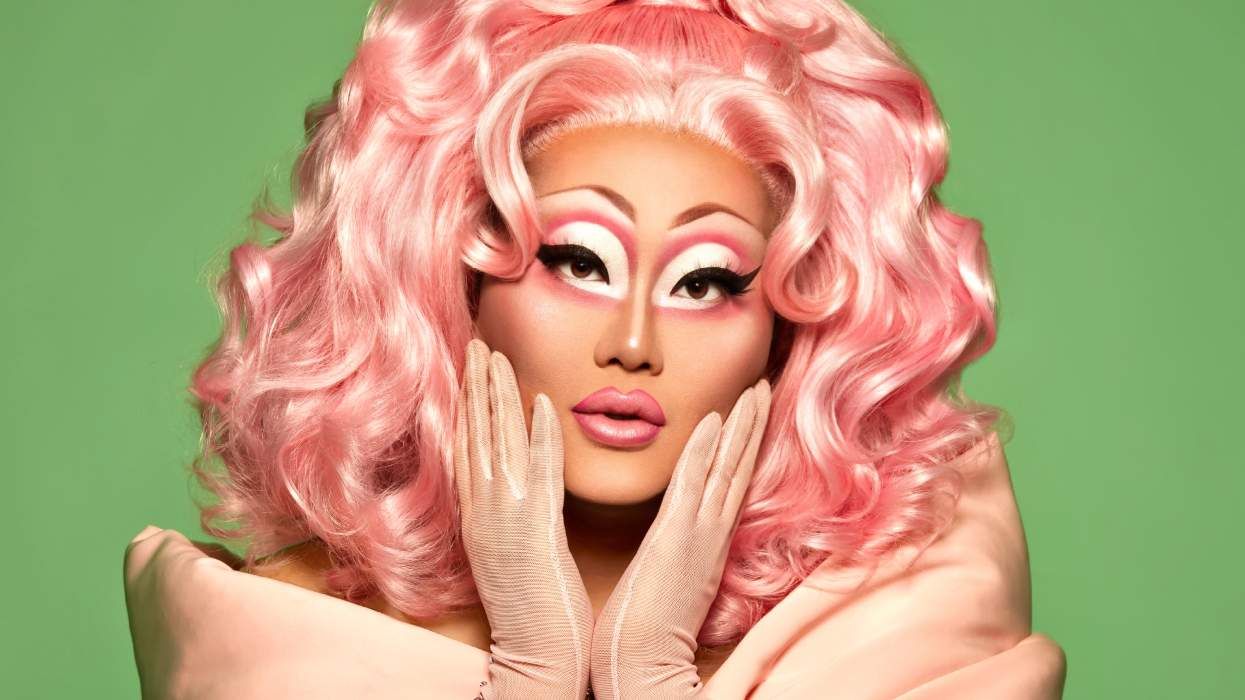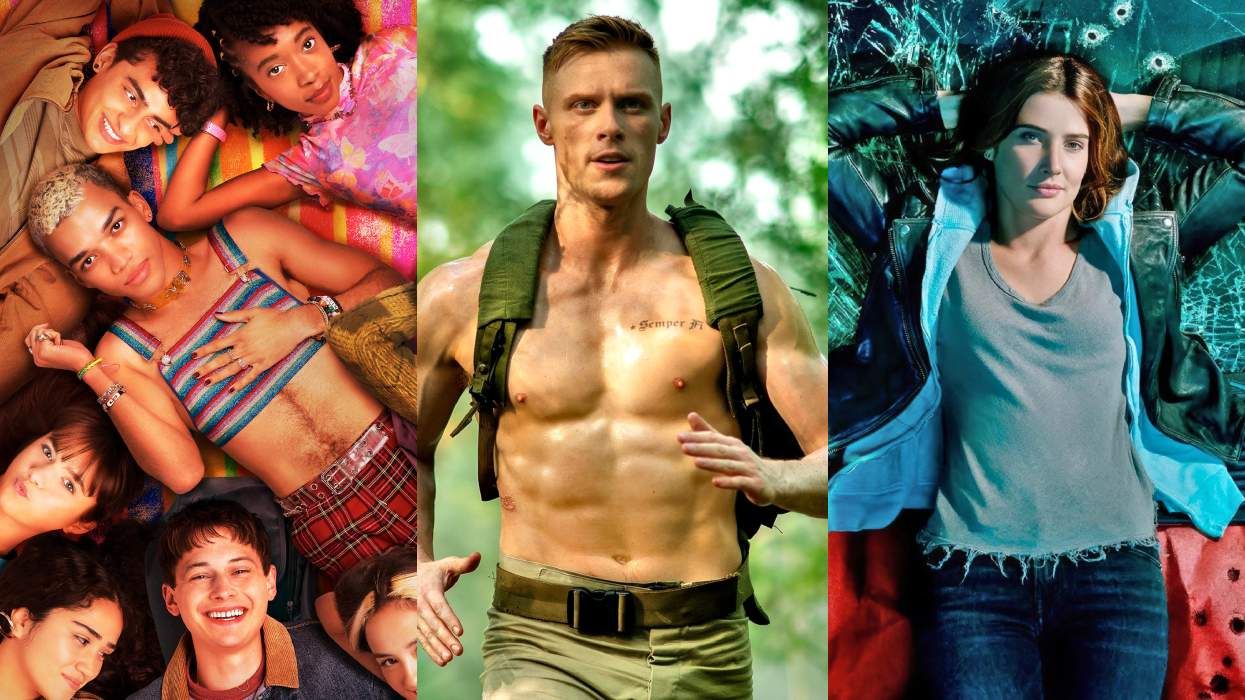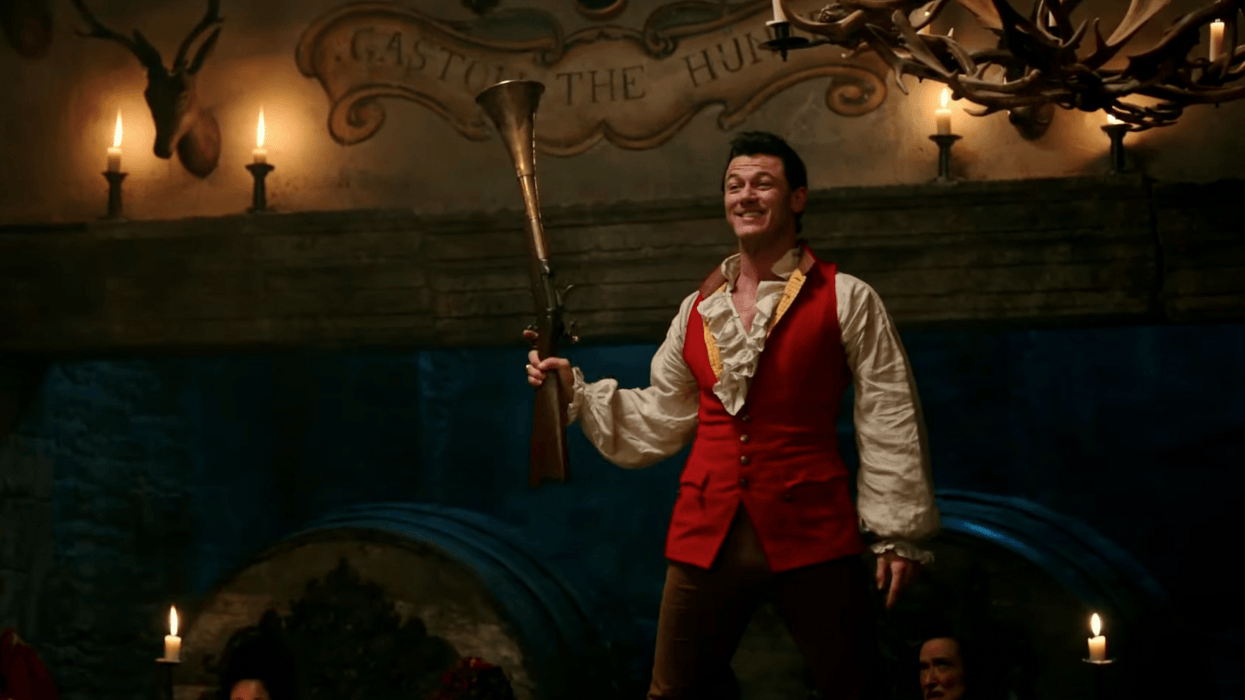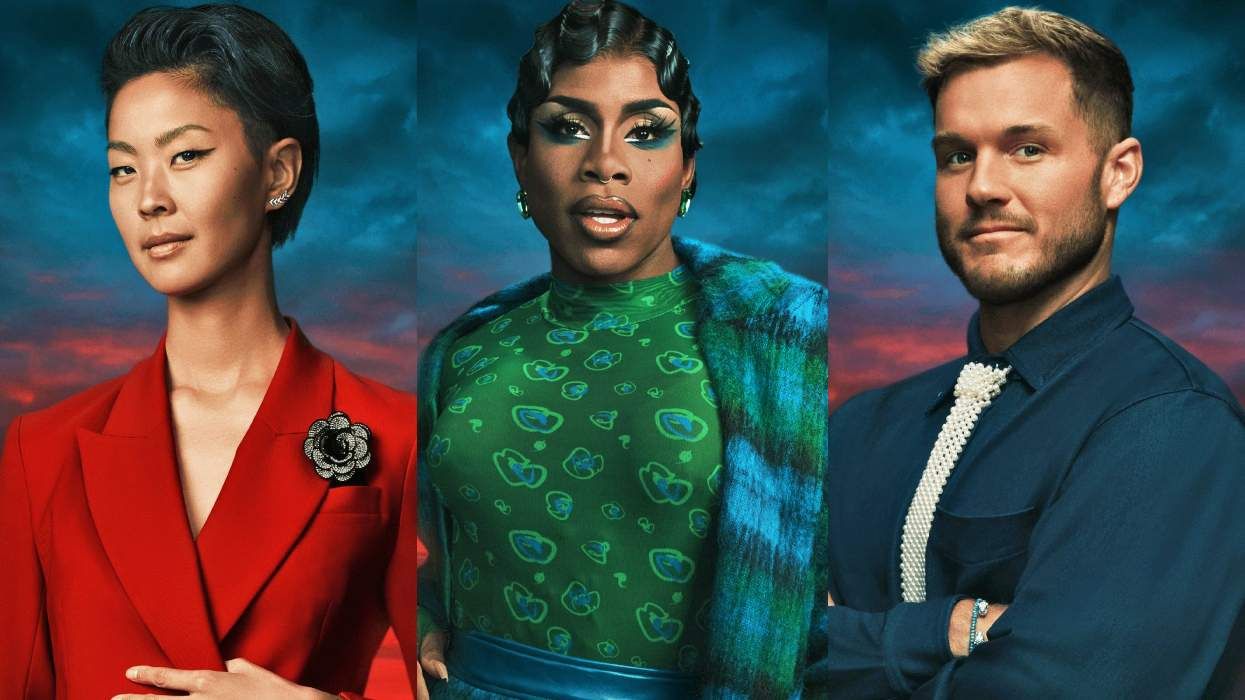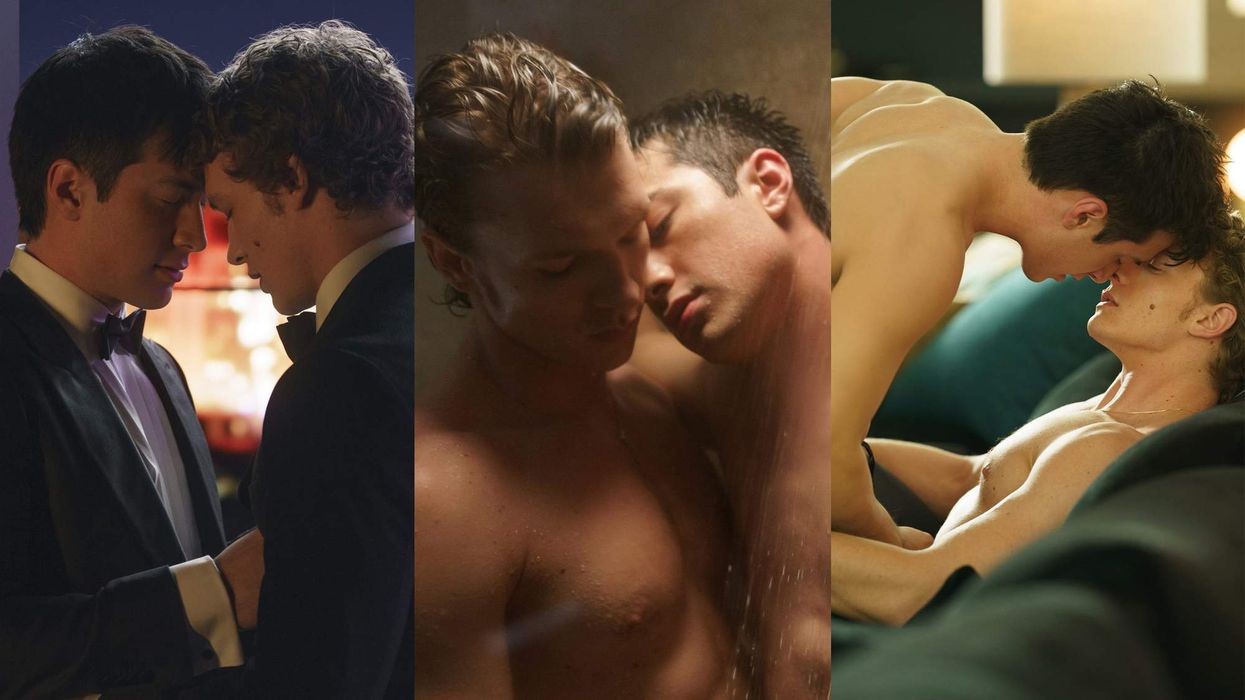Halfway through Hereditary, the summer's most anticipated horror movie, an amateur spiritualist advises a grieving woman: Make sure the whole family is in the house, or the seance won't work and the dead won't visit. But what if, the movie wonders, the family in question is horrible?
Related | Writer-Director Craig Johnson On His Gay Teen Netflix Comedy Alex Strangelove
Hereditary begins with an obituary and a funeral: An old lady has died. Her daughter Annie, played by Toni Collette, eulogizes her. We meet Annie's morose stoner son Peter (Alex Wolff) and husband Steve (Gabriel Byrne, wasted in a nothingburger role). And then there is her odd daughter Charlie, played by Tony-winner Milly Shapiro, the spitting image of the 70's icon Linda Manz. Early on, through heavy-handed exposition, we learn the following: Annie's overbearing mother had a close bond with Charlie, and Annie is a sleepwalker who once nearly immolated her children with paint thinner in the middle of the night. Also, we are bashed over the head with reminders about Charlie's nut allergy. Let's call it Chekhov's chocolate bar.
Annie is a visual artist who exhibits miniature dioramas, clearly inspired by Frances Glessner Lee's Nutshell Studies of Unexplained Death. (It's certainly no nod to the comparatively warm and fuzzy mother-daughter relationship of Tiny Furniture.) In the confusing throes of grief, Annie attends group therapy, where she meets Joan, a sympathetic neighbor played by Ann Dowd, because Ann Dowd is in everything these days. (Who's complaining? Surely not I.) Joan, we soon discover, has bewitching guidance to offer.
First-time writer-director Ari Aster should thank his lucky stars for Toni Collette. There is no substitute for technique, and like many a great actress in many a horror movie before her, she commits completely, elevating the entire enterprise with her tremulous precision. With little help from either her scene partners Wolff and Byrne or the color-by-numbers script, she often must devise tension out of thin air, and she always succeeds, but whenever we seem to be getting somewhere with Annie, Hereditary displaces the audience's identification towards Peter, depriving the narrative of what would be a more formidable nucleus. It's unfortunate, because Collette's work is her best in years, zany and irresistible, and it's an added delight to watch her together with Ann Dowd.
Hereditary also has enough technical pluck to compensate for its insubstantial side salad of genre tropes. Cinematographer Pawel Pogorzelski has legitimate chops, and Grace Yun, the production designer of First Reformed, again distinguishes herself here. The reedy, dissonant score by the great Colin Stetson is consistently effective.
An assured visual style and a few directorial flourishes notwithstanding, Aster's handle on character is incoherent at best and spectacularly wrong-headed at worst. His failure to give Toni Collette convincing motivation is the least of his crimes. This genre inevitably calls for an eerie child, but Charlie has none of the complexity of, for example, Rhoda Penmark of The Bad Seed.
As written, Charlie has an unspecified intellectual disability and requires constant supervision, making her an embarrassing burden for her brother. Aster appears to think this makes her sufficiently creepy. This particular insipidity is the first sign of something rotten, but there are other odious problems at play.
Eventually, we discover that Rosemary's Baby is Aster's touchstone, but Hereditary inherits none of that film's gender-savvy subtext. We watch Baby and grow anxious, because our claustrophobic identification with Rosemary demands we endure the recognizable, pervasive, real-world language of sexist gaslighting. But Aster's reading of Baby is, like so much in his film, surface-level. When he's not leaning on Paranormal Activity jump-scares, he pleads for us to identify with Peter, constantly put upon and threatened by vengeful women and girls, and thereby prevented from pursuing his pretty blonde crush. It plays as it would if Polanski had asked us to sympathize with John Cassavetes. It doesn't help that Wolff deploys the same skimpy handful of anguished, self-serious expressions regardless of the scene.
To make matters worse, Hereditary lavishes no small fraction of its bloated running time on spookifying women's creativity. As an apparent reflex, Aster plays loosely with the same fetid brand of misogyny that burned witches in Salem and now lights a fire under the "incel" movement. The biggest scare in Hereditary is the expectation that we'll play along.
Austin Dale is a writer based in Los Angeles.



